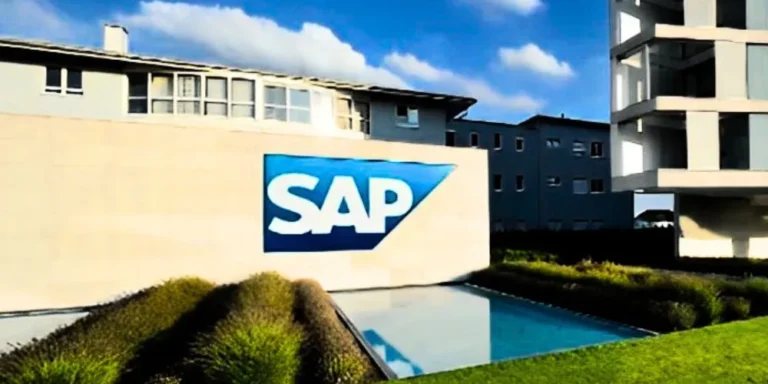The U.S. Supreme Court has declined to hear an appeal from the European software giant SAP, meaning the company will have to face a major antitrust lawsuit brought by the U.S. data company Teradata.
The justices’ decision on Monday allows a lower court’s ruling to stand, permitting Teradata to proceed with its claims that SAP is illegally stifling competition. Teradata sued SAP in 2018, accusing the German company of violating U.S. antitrust law by forcing customers who purchased its popular business-planning software also to purchase SAP’s own database product. This, Teradata argues, is an illegal “tying” arrangement designed to crush rivals like itself.
SAP, which has denied any wrongdoing, was hoping the Supreme Court would step in and end the case. In a statement, the company said it was “disappointed” with the court’s decision but remains “confident in our position.” The case is now set to go to trial in April 2026.
This is a high-stakes legal battle. Teradata claims that SAP’s customers used to rely on companies like it to analyze the huge amounts of data their SAP software produced. However, when SAP developed its own competing database, it allegedly used its market power to force customers to switch illegally.
The case has drawn the attention of other tech giants, with Meta and Microsoft even filing a brief in support of SAP. For now, however, the case will return to a lower court, where a jury will ultimately decide whether SAP’s business practices crossed the line.












